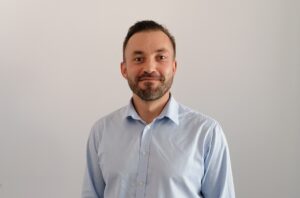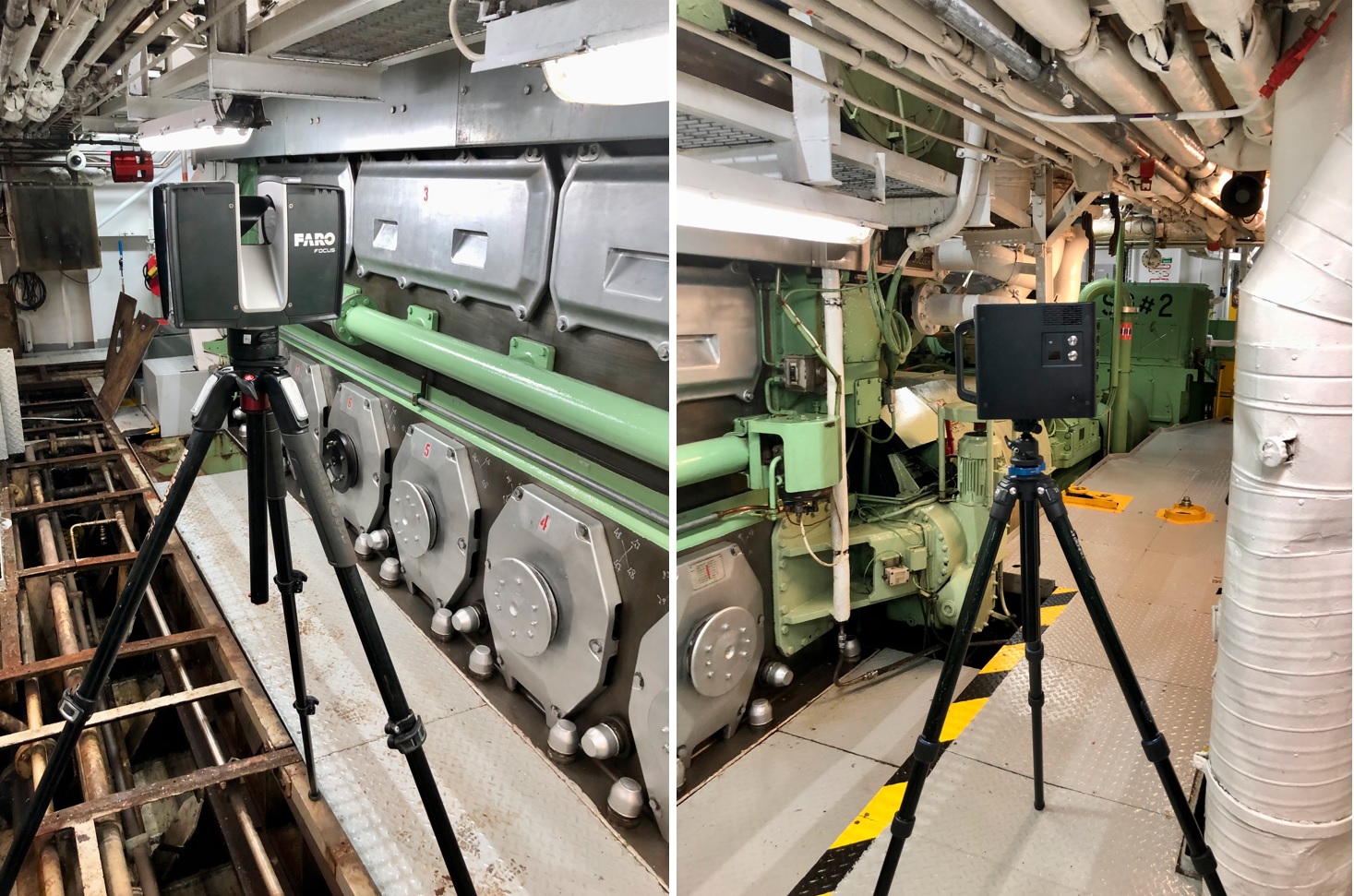C-Job’s Interconnected Teams Enhance Retrofitting Projects
Working in collaboration C-Job Gdansk and C-Job Nikolayev take a holistic approach to maritime decarbonization and provide quick and efficient results. A key component of the global strategy to reduce greenhouse gas emissions is maritime decarbonization. The industry needs urgent and sophisticated solutions in fuel and energy technology, shipbuilding, and operations to get to zero emissions as the climate and its negative consequences continue to rise.
The Energy Efficiency Existing Ship Index (EEXI) and Carbon Intensity Indicator (CII), new regulatory standards for ship energy efficiency introduced by the International Maritime Organization (IMO), will go into effect in January 2023 as a part of a challenging carbon emission reduction plan to cut annual emissions by at least half by 2050, compared to 2008.
To meet sustainability goals, C-Job Naval Architects updates and retrofits equipment to stay current with the most eco-friendly solutions by helping to make systems operate at maximum efficiency, therefore extending the lifespan of the vessel. For the last two years, the team has focused on very difficult projects such as container vessels. We have been involved in all stages of the process, from the feasibility study and design, to the installation onboard. Even though it is sometimes merely a retrofit, the design phase, which takes about four to six months, and installation time at the shipyard can occasionally take longer than three months.

C-Job Gdansk Director Slawomir Graban
Slawomir Graban, Director of C-Job Gdansk, says: “Normally we spent around a week on board gathering all the required data and making inspection reports, which include photos and measurements. By using scanners, the inspection time has been drastically shortened and the information we are able to extract from the point cloud allows us to prepare documentation more precisely. Accuracy and enhanced capabilities also save installation time through the preparation of blocks, foundations, or pipelines before boarding the ship.”

General Project Manager Mikhail Bardin
“Each retrofit or conversion project is unique, and requires the team to be flexible and agile to make it successful. Ordinarily we pick up scan data and transform it to the detailed design model and generate the full range of PI for the shipyard. It is only through significant efforts of the whole team that we achieve the optimal result for the client time and again.” Says Mikhail Bardin, General Project Manager at C-Job Nikolayev.
By coordinating efforts, C-Job Gdansk and C-Job Nikolayev apply an interconnected approach and comprehensive strategy towards maritime decarbonization. Although the offices are in different places, they are able to work on international projects that produce sustainable improvements for the maritime and shipbuilding industries because of strong collaboration, shared expertise, and experience.
